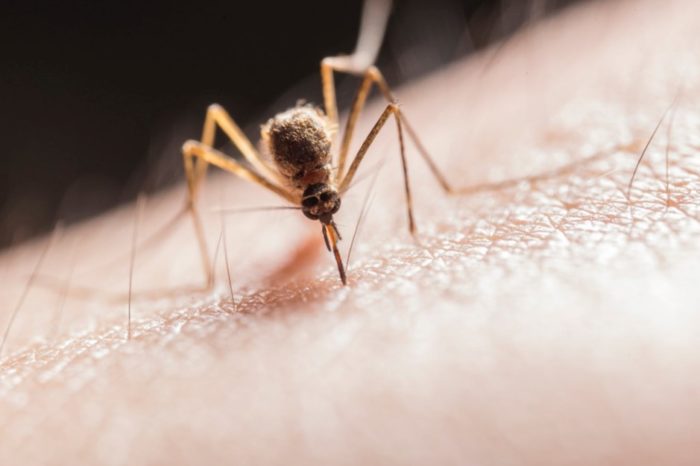Insect Bites and Stings Treatments with Children
Having insect bite cream handy when an insect bite occurs is essential. Unfortunately, when a child is stung or bitten, it’s a frightening experience for them. While most children can be treated with some antiseptic cream to soothe the pain and prevent infection, more treatment might be needed. Fortunately, it’s fairly straightforward to treat minor insect bites and stings with children. So, how should you treat them?
Dealing with Honeybee Stings and Bites
If the child has been stung by a honeybee, it’s likely they’ll leave the stinger behind. It’s nasty and most children (and adults) will panic. You might even be tempted to pull the stinger out; however, you do not want to pinch or remove it with tweezers. This can actually cause more venom to be injected into the skin; instead, you want to carefully scrape the stinger away with a smooth object like a card or your fingernail. Once the stinger is removed, wash the area with water and sensitive or mild soap. For insect bites, the area should be cleaned, washed, and some insect bite cream can be applied. If it’s a severe bite, additional treatment may be required.
How to Treat the Symptoms of Insect Bites or Stings?
Once the area has been cleansed, it’s essential to apply an ice pack onto the area. This may help reduce swelling. An antihistamine (suitable for children) can also be used to prevent a bad reaction from occurring, depending on the severity of the bite. You may also want to use suitable child pain relievers to deal with the pain and insect bite cream could be applied to prevent itching. If the child has experienced a bite or sting near their mouth or the wound is oozing fluid or getting bigger, it’s time to seek treatment from a doctor. For more information, visit: https://www.consultingresources.net/what-you-should-know-about-diarrhea/
What to Do In Extreme Circumstances?
While the majority of insect bites and stings will be fairly mild, some may be fairly severe. In those cases, you need to seek emergency treatment for the child. If the child faints or feels dizzy, they may be taking a bad reaction to the bite or sting. When the child experiences swelling around the bite, break out in hives, or experienced difficulties breathing, it’s essential to seek immediate medical treatment. While you may be tempted to use insect bite cream, it mightn’t be enough to treat the bite, and is important to speak to a doctor.
What’s more, if a child has an allergic reaction or has had one in the past to an insect sting or bite, you need to get them to the hospital immediately. If you can, call the emergency services. This isn’t an overreaction; it’s about keeping the child safe and being extra cautious for their safety. Sometimes, insect bite cream won’t be enough to soothe the problem.
Protect Your Child
Insect bites and stings are awful at any age and they’re especially worse in children because they don’t always deal with pain as well as some adults. Of course, some bites are worse than others, it depends on how the child’s body reacts to the bite and their severity. Sometimes, it’s necessary to visit a doctor within the same day of the bite or sting just to ensure there’s no infection forming. Insect bite cream can be useful to have and if in doubt, speak to a doctor immediately after the incident occurs. Click here!

